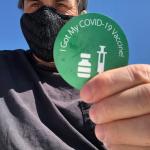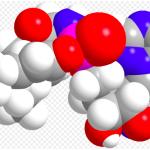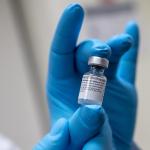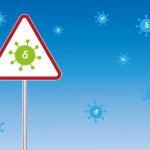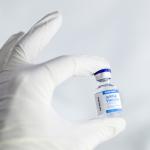As if the Delta variant hasn't been a big enough pain in the a##, pretty much the last thing we need is an "improved" version.
COVID-19
The American public's trust in US media has cratered in recent years. Just “7% of U.S.
The study, in 92 critically ill patients with PCR positive COVID-19, looked at the presence of IgG and IgM antibodies directed specifically at COVID-19 as well as the presence of viral RNA and COVID-19 specific proteins.
Throughout 2021, Mike “the health ranger” Adams has been a consistent source of science-fiction-inspired commentary about the COVID-19 vaccines.
Remember back in the early days of COVID when we knew little about the disease and had nothing to treat it with? Remdesivir (brand name Veklury®) seemed promising for a while, but as I wrote last year:
Two years ago, many of you probably had never even heard of many of these terms. Now they're flying around left, right, and center, as are misstatements, misunderstandings, and misdeeds.
COVID-19 vaccination has been linked to a collection of severe side effects.
The CDC is a confused organization.




